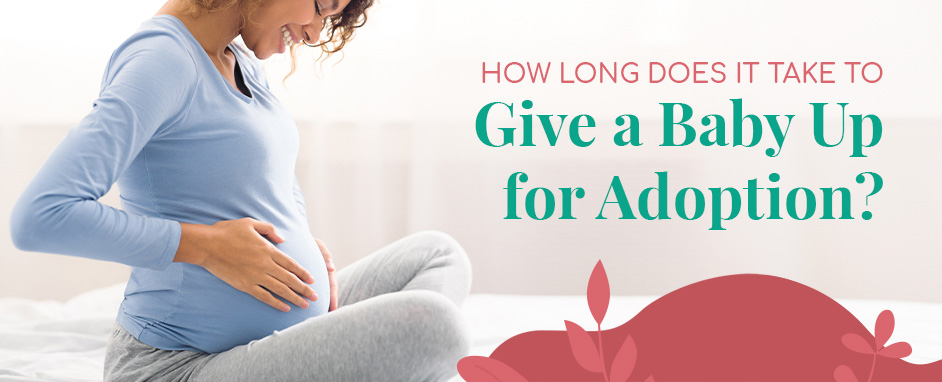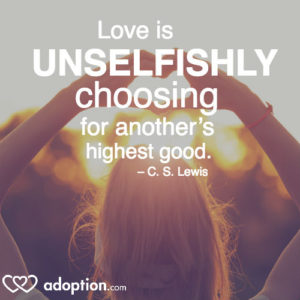September 23, 2016
Why our negativity affects our children
Our children are sponges. Although it seems like they’re not listening to us (read: nearly every minute of they day) they are, miraculously, taking in vast amounts of what we say and do.
This includes when we fight with our spouse, family members, or friends.
This includes when we talk badly about other people, or lead with judgment.
This includes when we air our grievances and insecurities about our own selves, particularly when it comes to weight.
This includes every negative thing we may say or do.
It is so hard, impossible even, to be a perfectly happy, chipper person all the time. No one’s asking you to do that. But what we are asking you to think about is how you’re communicating your own perceptions of yourself to your children.
When we relate to the world through a predominate filter of negativity, we are teaching our children to do the same. We’re teaching them to judge others, to judge themselves, to reject positivity in favor of negativity.
When we say negatively critical things about ourselves or others, our children may think it’s okay to do that as well. Especially if that’s the behavior they’re witnessing as an example day in and day out.
So how to combat this? Think before you speak in front of them. Treat yourself and those around you, the way you want your children to treat themselves, and those around them. Wait to exchange stern words with a spouse or close family or friend until you’re behind closed doors, away from your child’s impressionable ears. Mirror for them the world in which you want them to exist. Be an example of how you want them to feel about themselves and the world.
Negativity is rampant in our society. There’s no way you’re going to shield your children from that, nor should you try. But you can make your home a safe space. A positive space.


